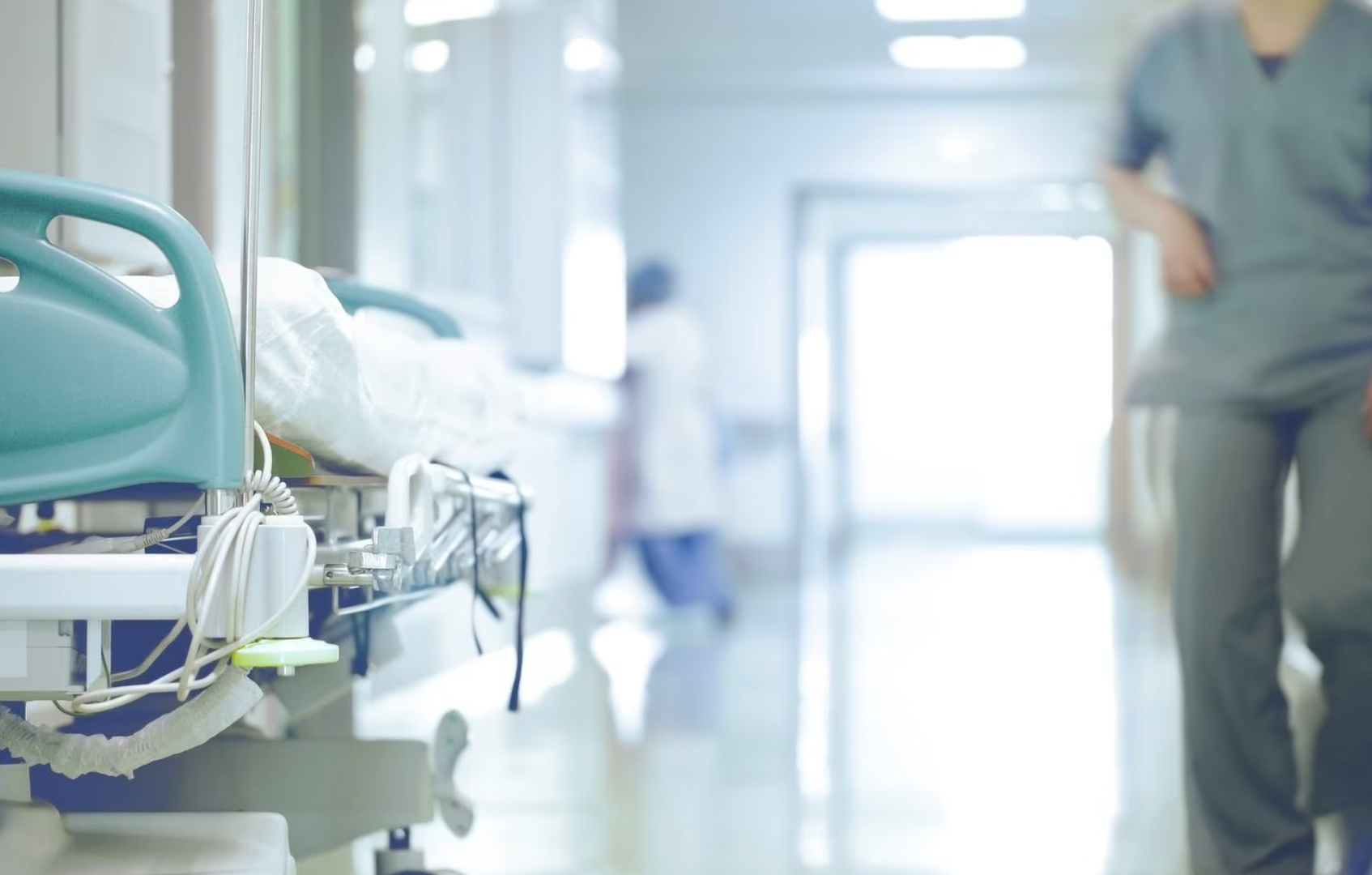Irish Times Covid numbers in hospital more than double as fresh wave starts.
Testing for Covid-19 will no longer be recommended for the vast majority of people from next Thursday, the HSE has announced.
People with Covid-19 or other respiratory virus symptoms should stay at home until 48 hours after their symptoms have substantially or fully resolved, and do not need a test, it now advises
As part of the update of public health advice, community testing centres across the country and the self-referral portal for ordering PCR tests will close on March 30th.
In addition healthcare workers who are household close contacts will no longer be required to do antigen tests. As a result, the facility for ordering antigen tests on the HSE website will also close.
Both PCR and antigen testing will continue to be used by doctors to diagnose Covid-19 in patients. It may also be used in outbreak situations.
Dr John Cuddihy, HSE national director for public health said the changes were being made on the best available evidence “recognising the high level of vaccine-induced and naturally acquired population immunity in Ireland as well as the development of new treatments, all of which are mitigating the worst impacts of Covid-19 infection”.
Meanwhile, the number of people in hospital with Covid-19 has more than doubled since the start of the month as another wave of the virus takes hold.
There were 330 people in hospital with the disease on Monday, the Department of Health said, up from 137 at the start of this month.
Many of these patients are in hospital for other reasons but have tested positive for Covid-19 during their stay. The department said 40 per cent of accommodated Covid-19 patients last Tuesday were hospitalised due to the virus.
The number of patients with the disease in intensive care has also been edging upward, though the total remains small, standing at 17 on Monday, up from six in mid-March.
Though testing for Covid-19 is now limited to at-risk groups, there has been a recent increase in the number of tests carried out and the proportion returning a positive result. The seven-day positivity rate has almost doubled since the start of the month; from 7.4 per cent to 13.9 per cent on Monday.
Across Europe, there is a mixed picture for the virus, with some countries experiencing fresh waves and others seeing a levelling of figures. A pattern of repeated cycles is apparent, rather than the seasonality associated with flu. The department said cases are rising in nine out of 22 countries but remain low compared to levels seen last year.
Covid-19 continues to mutate with new sub-variants emerging, but no one strain is gaining the upper hand and none at present is causing concern among experts. The XBB.1.5 sub lineage is currently dominant here. However, the rise in related hospitalisations in the State is coinciding with an increase in the number of patients on trolleys.
The Irish Nurses and Midwives Organisations (INMO) last week described “runaway” hospital overcrowding as the “new normal”. More than 3,100 patients went without a hospital bed last week, and trolley numbers have remained above 545 every day over the past fortnight.
They increased further on Monday to 709, according to the INMO’s Trolley Watch count, with the figure including 533 people waiting in an emergency department and 176 on wards. University Hospital Limerick had 90 patients on trolleys and Cork University Hospital had 72.
INMO general secretary Phil Ní Sheaghdha said the current pattern of high overcrowding levels after the weekend “cannot continue”.
“The INMO is now requesting that the HSE immediately carry out a full review of weekend activity across all hospital sites and in the community sector,” she said. “The pressure that nurses and midwives are under can no longer be sustained at this level.”
